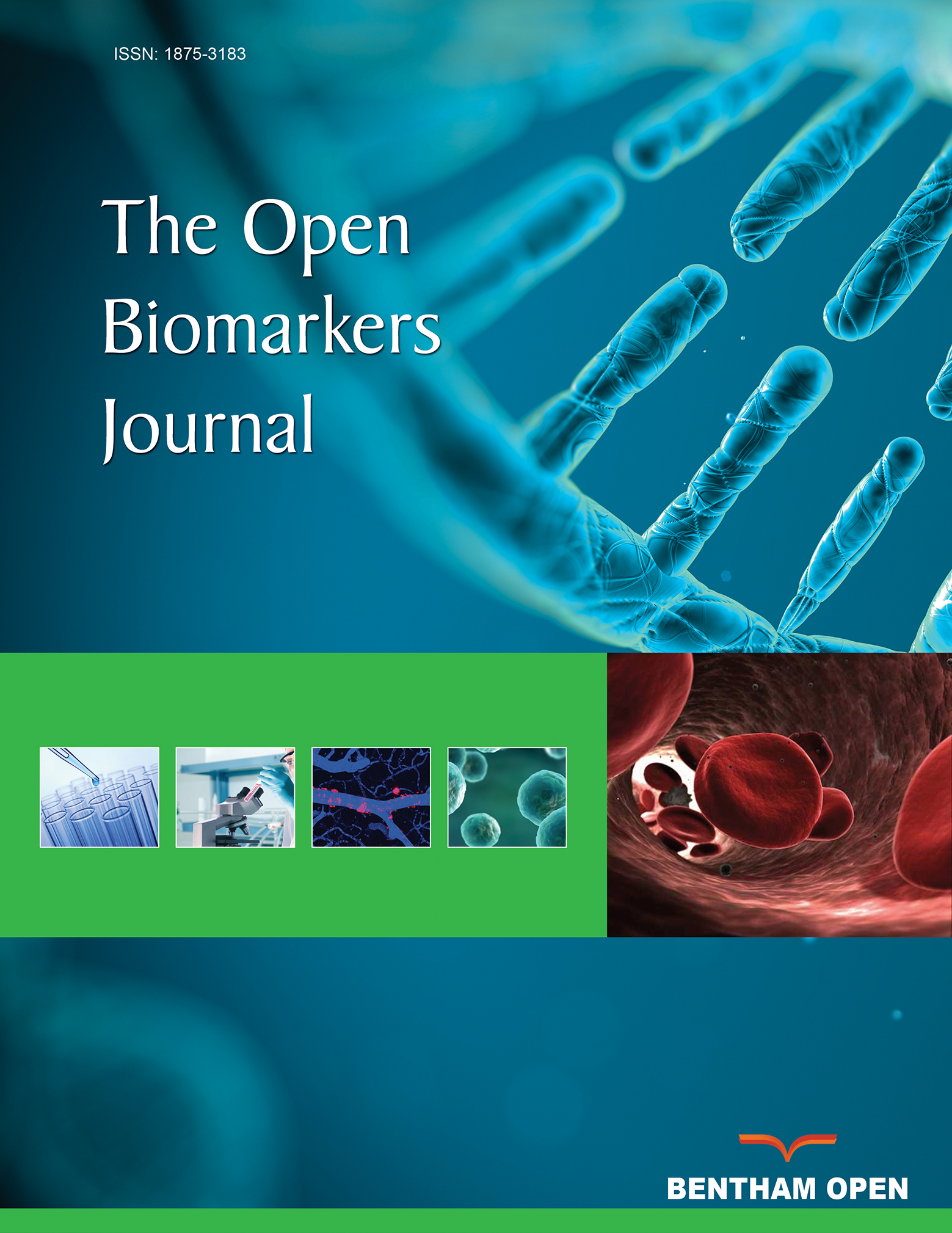The Effect of n-6 Polyunsaturated Fatty Acid on Blood Levels of Malondialdehyde-Deoxyguanosine Adducts in Human Subjects
Abstract
The role of n-6 polyunsaturated fats upon the formation of the mutagenic DNA adduct malondialdehydedeoxyguanosine (M1dG) in blood was investigated in male volunteers (n = 13) who consumed diets high in saturated and polyunsaturated fats, and polyunsaturated fat plus a-tocopherol supplemention (400 IU per day). On day 14 there was a significant difference in adduct levels between diets with saturated fats giving higher levels than polyunsaturated fats but this effect had disappeared by day 20 indicating that there is a relatively rapid adjustment to the effects on DNA damage of changes in dietary fat. a-Tocopherol showed a small benefit by day 20. Five females participated in the PUFA study and had higher mean adduct levels than men but there was no correlation with hormonal status. Overall, PUFA had a limited beneficial effect on M1dG levels that warrants further investigation.


